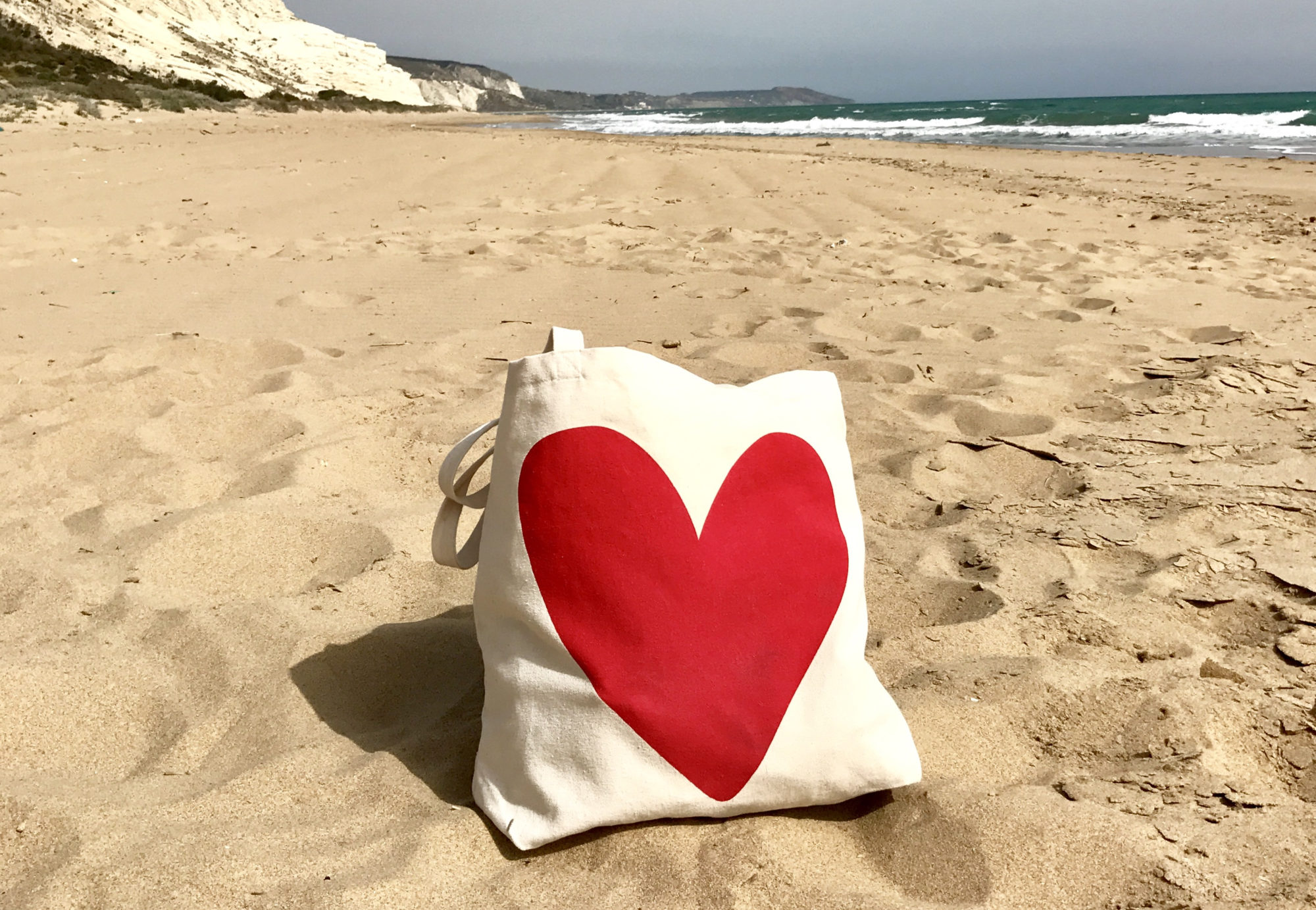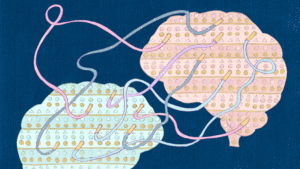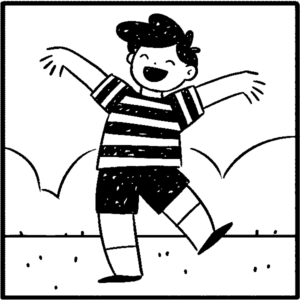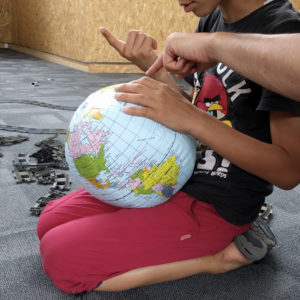…
The Ancient Greeks resolutely did not believe that the purpose of life was to be happy; they proposed that it was to achieve Eudaimonia, a word which has been best translated as ‘fulfilment’.
What distinguishes happiness from fulfilment is pain. It is eminently possible to be fulfilled and – at the same time – under pressure, suffering physically or mentally, overburdened and, quite frequently, in a tetchy mood. This is a psychological nuance that the word happiness makes it hard to capture; for it is tricky to speak of being happy yet unhappy or happy yet suffering. However, such a combination is readily accommodated within the dignified and noble-sounding letters of Eudaimonia.
The word encourages us to trust that many of life’s most worthwhile projects will at points be quite at odds with contentment and yet worth pursuing nevertheless. Properly exploring our professional talents, managing a household, keeping a relationship going, creating a new business venture or engaging in politics… none of these goals are likely to leave us cheerful and grinning on a quotidian basis. They will, in fact, involve us in all manner of challenges that will deeply exhaust and ennervate us, provoke and wound us. And yet we will perhaps, at the end of our lives, still feel that the tasks were worth undertaking. Through them, we’ll have accessed something grander and more interesting than happiness: we’ll have made a difference.
…
The School of Life, full article and video here.



